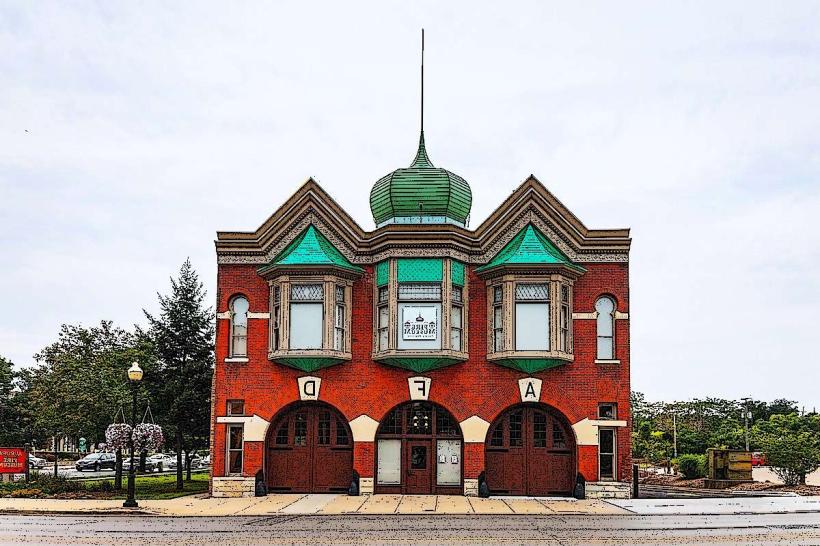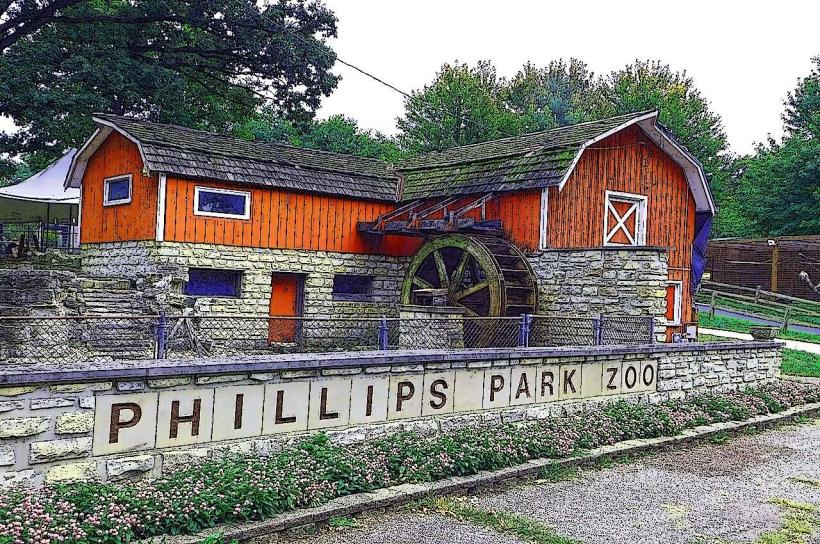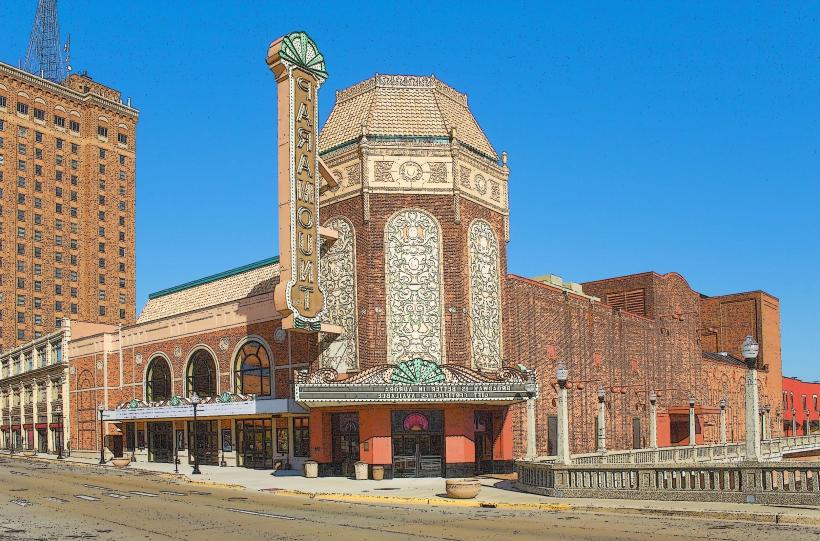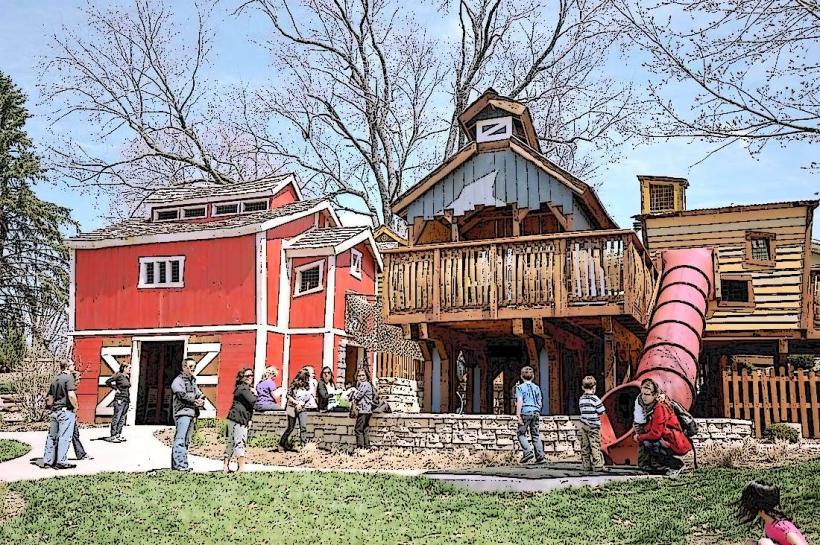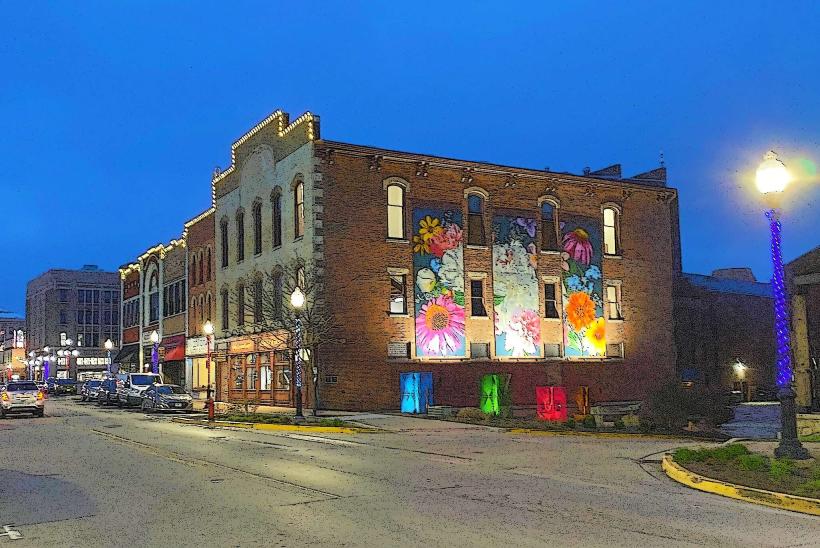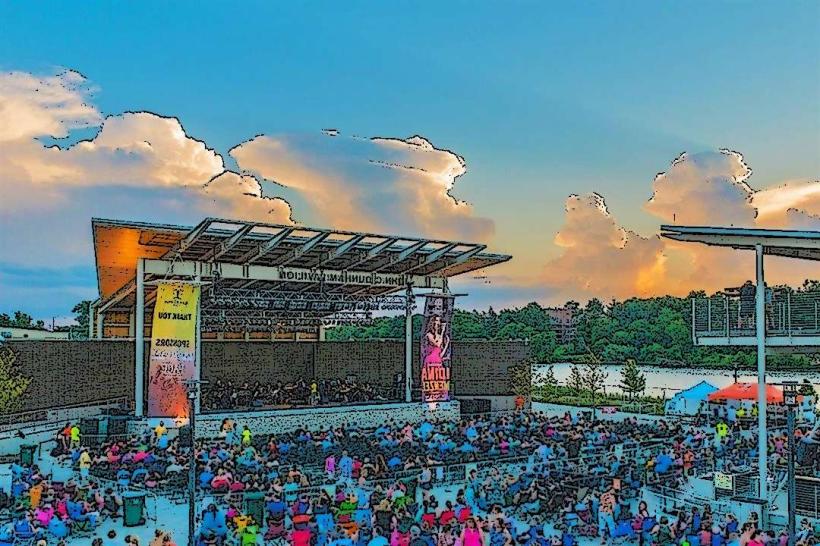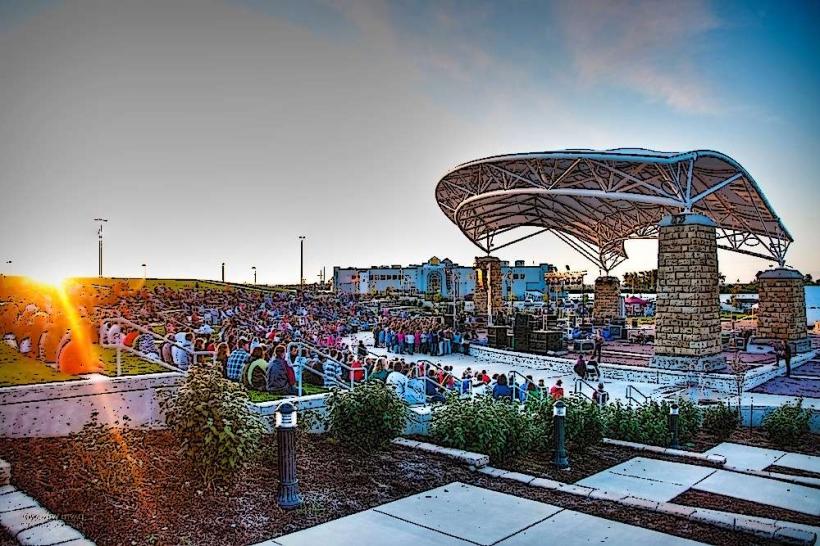Information
Landmark: SciTech Hands On MuseumCity: Aurora
Country: USA Illinois
Continent: North America
SciTech Hands On Museum, Aurora, USA Illinois, North America
The SciTech Hands On Museum is an interactive science and technology center located in Aurora, Illinois, USA.
This facility provides a collection of exhibits designed for public engagement with scientific principles.
Visual Characteristics
The museum is housed within a brick building with a prominent glass facade on its main entrance. The interior features open-plan exhibit halls with varied lighting conditions to accommodate different displays. Exhibit structures are primarily constructed from metal, plastic, and wood, with a focus on durable, interactive surfaces.
Location & Access Logistics
SciTech Hands On Museum is situated at 18 West Benton Street in downtown Aurora. It is approximately 40 miles west of Chicago's Loop. Parking is available in a municipal lot directly behind the museum, accessible from River Street. The Aurora Transportation Center, serving Metra commuter rail (BNS4 Line) and Pace bus routes, is located 0.3 miles East of the museum, accessible via a pedestrian walkway along the Fox River.
Historical & Ecological Origin
The building originally served as the Aurora National Bank, constructed in 1926. It was later renovated and repurposed as the SciTech Hands On Museum in 1991. The museum's origin is rooted in the desire to provide accessible science education to the community.
Key Highlights & Activities
Visitors can engage with over 200 interactive exhibits covering physics, biology, chemistry, and engineering. Specific activities include operating a Van de Graaff generator, exploring a human body exhibit, and participating in a robotics demonstration. Educational workshops are offered on weekends.
Infrastructure & Amenities
Restrooms are available on both floors. Limited shaded seating is provided in the lobby area. Cell phone signal (4G/5G) is generally strong within the building. No on-site food vendors are present, but several restaurants are located within a 0.2km radius in the downtown area.
Best Time to Visit
Weekdays during school hours (9:00 AM - 2:00 PM) offer fewer crowds. Saturday mornings are also less busy than afternoons. Lighting is consistent throughout the day due to the controlled indoor environment.
Facts & Legends
The museum's original bank vault door remains intact and is a feature within one of the exhibits, demonstrating principles of mechanics and security.
Nearby Landmarks
- Paramount Theatre, 0.1km North
- Aurora Historical Museum, 0.5km Southwest
- RiverEdge Park, 0.3km West
- David L. Pierce Art and History Center, 0.4km Southwest

